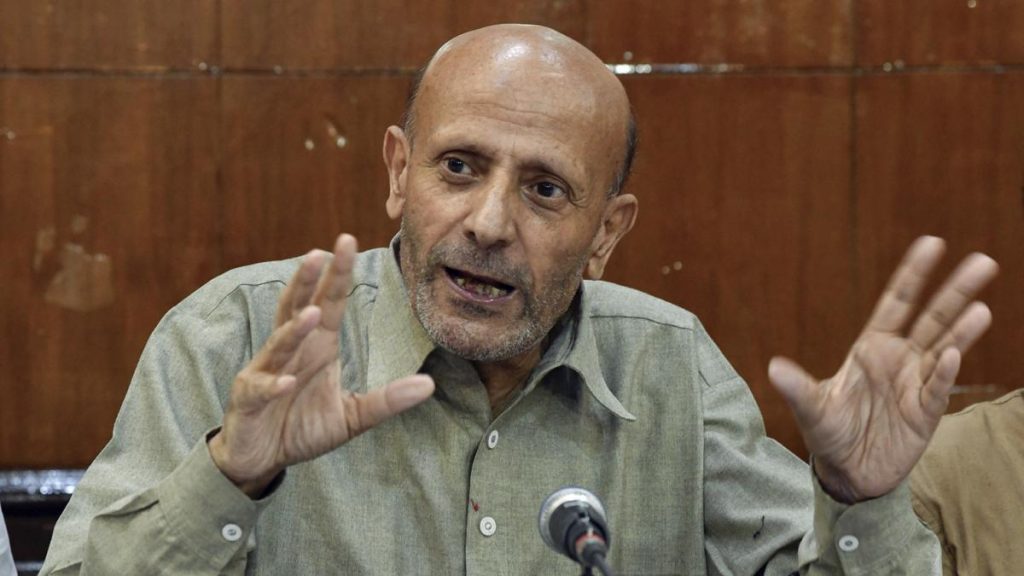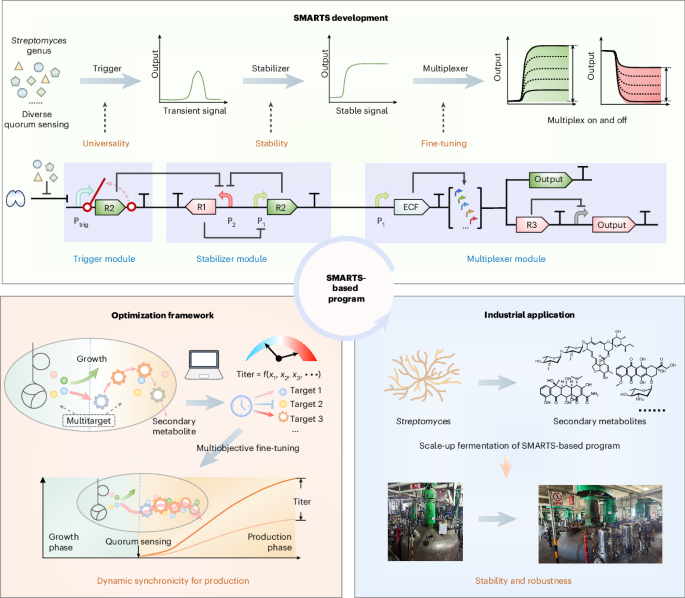Now Reading: India Explores Next-Gen Antiviral Breakthroughs
-
01
India Explores Next-Gen Antiviral Breakthroughs
India Explores Next-Gen Antiviral Breakthroughs
Swift Summary
- Public trust in vaccines is declining in the United States, leading to reduced funding for mRNA vaccine progress ($500 million cut by US Health Secretary robert F. Kennedy Jr.).
- Measles cases are at their highest since 2000, with 92% of cases occurring in unvaccinated individuals.
- Despite promising research into antiviral treatments (e.g., Tamiflu for influenza and Paxlovid for COVID-19), antivirals have limitations such as ineffectiveness against standard-risk COVID patients or long COVID.
- Viruses like measles, dengue, and Nipah currently lack approved antiviral drugs.
- Research is exploring shared viral targets (e.g., RNA cap structures) to improve broad-spectrum antiviral effectiveness. AI-driven drug platforms are aiding this effort.
- Innovative biotechnology companies are conducting preclinical and early-stage trials on antivirals targeting mechanisms such as viral fusion or stress responses in infected host cells (e.g., Red Queen Therapeutics and viritis).
- Government investment and biotech sector interest show promise but face challenges due to the lack of immediate financial incentives.
Indian Opinion Analysis
India’s decade-long success with vaccination rollouts has been a cornerstone of it’s public health strategy. The growing global skepticism surrounding vaccines-particularly evident in countries like the US-offers India both lessons and cautionary tales. Vaccine hesitancy could threaten India’s gains against diseases like measles if public trust erodes.
The rise of antiviral development globally suggests potential backup options-though these do not replace preventive measures such as immunization programs. India must invest strategically to diversify its disease management toolkit while maintaining vaccine-driven initiatives at full strength.
For diseases prevalent within india’s borders that lack reliable treatment options (like dengue), ongoing international research into broad-based antivirals deserves attention from policymakers. Partnerships with innovative biotechnology firms advancing novel therapies could bolster india’s preparedness for emergent health crises.
However,given that antivirals typically treat rather than prevent infections,reliance on them alone risks becoming unsustainable without emphasizing prevention through vaccination campaigns-a principle supported worldwide despite recent hesitations elsewhere.



























